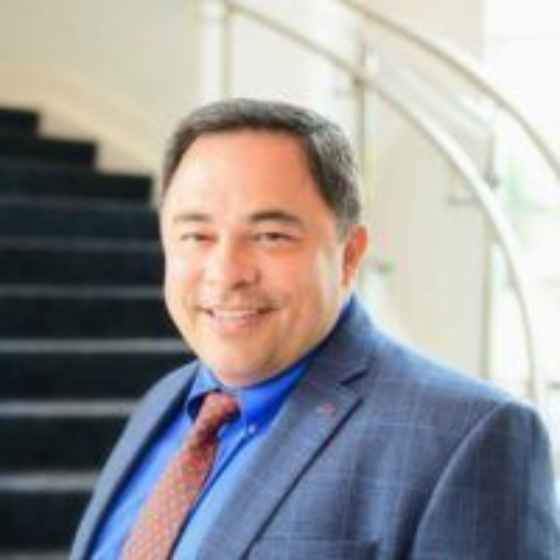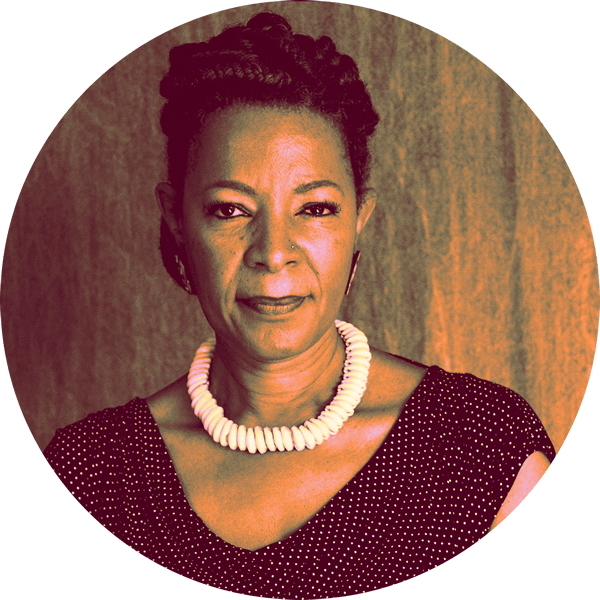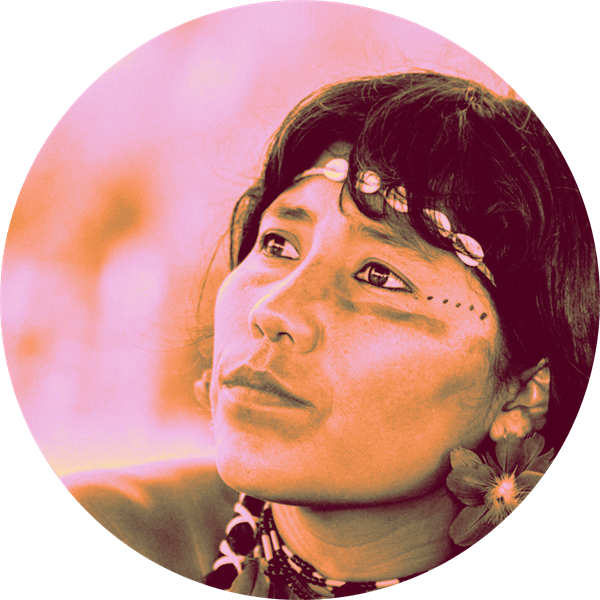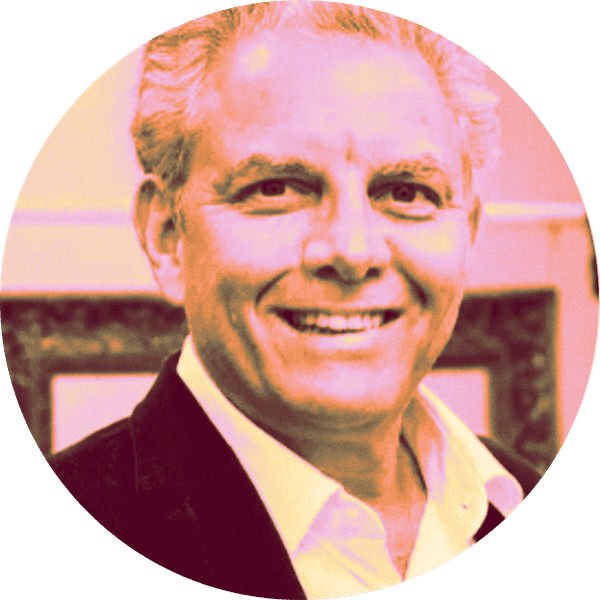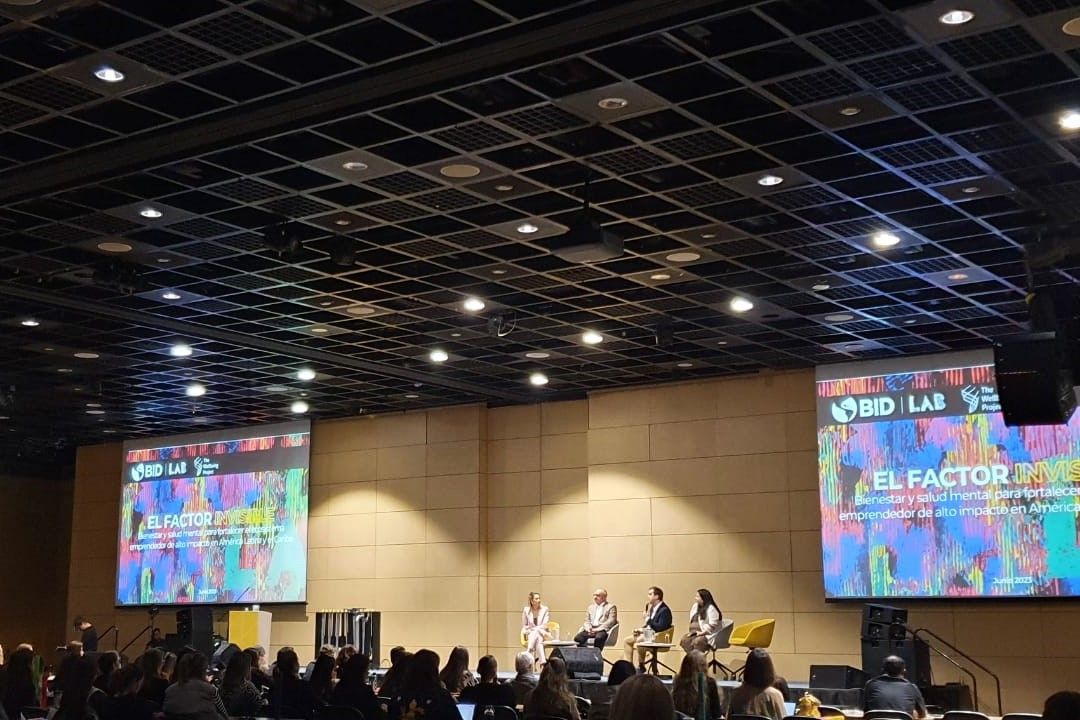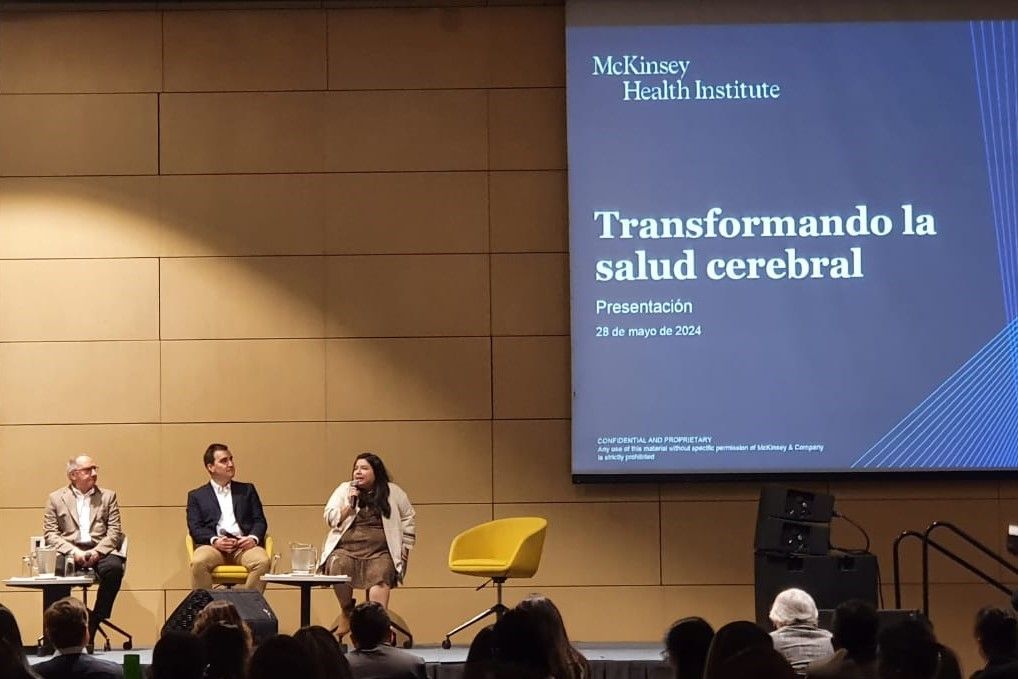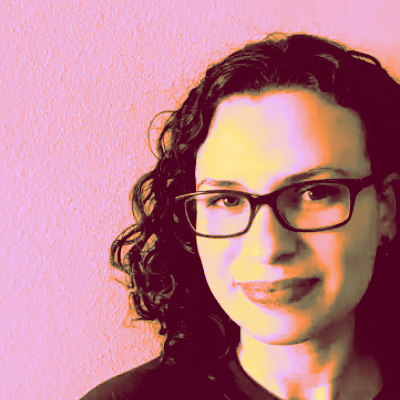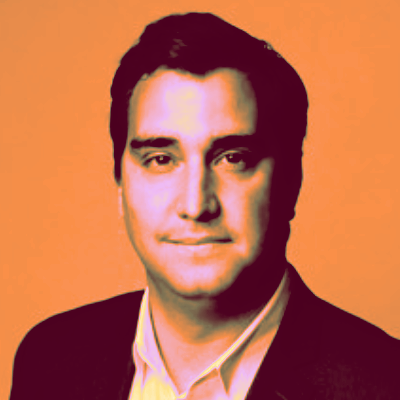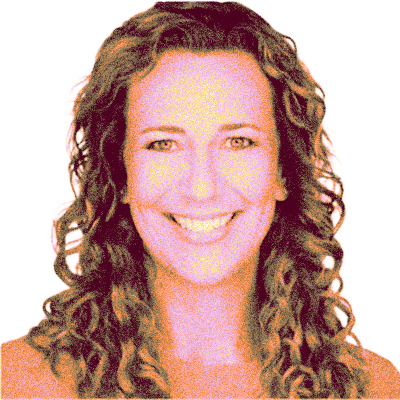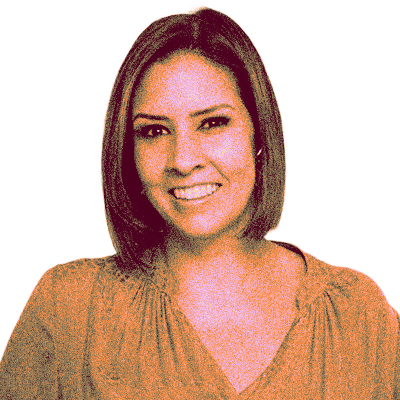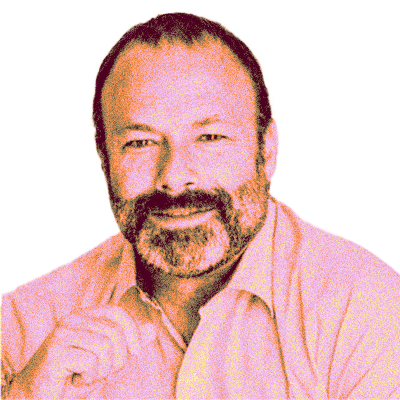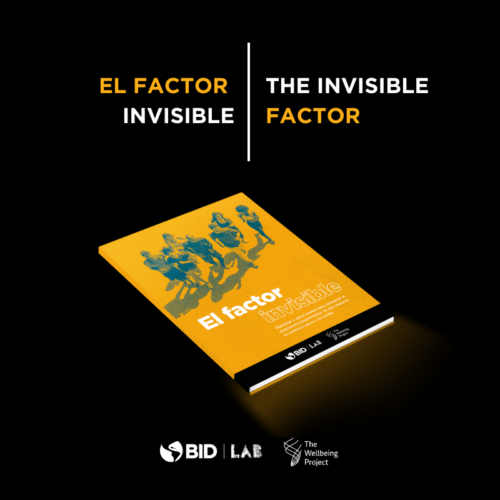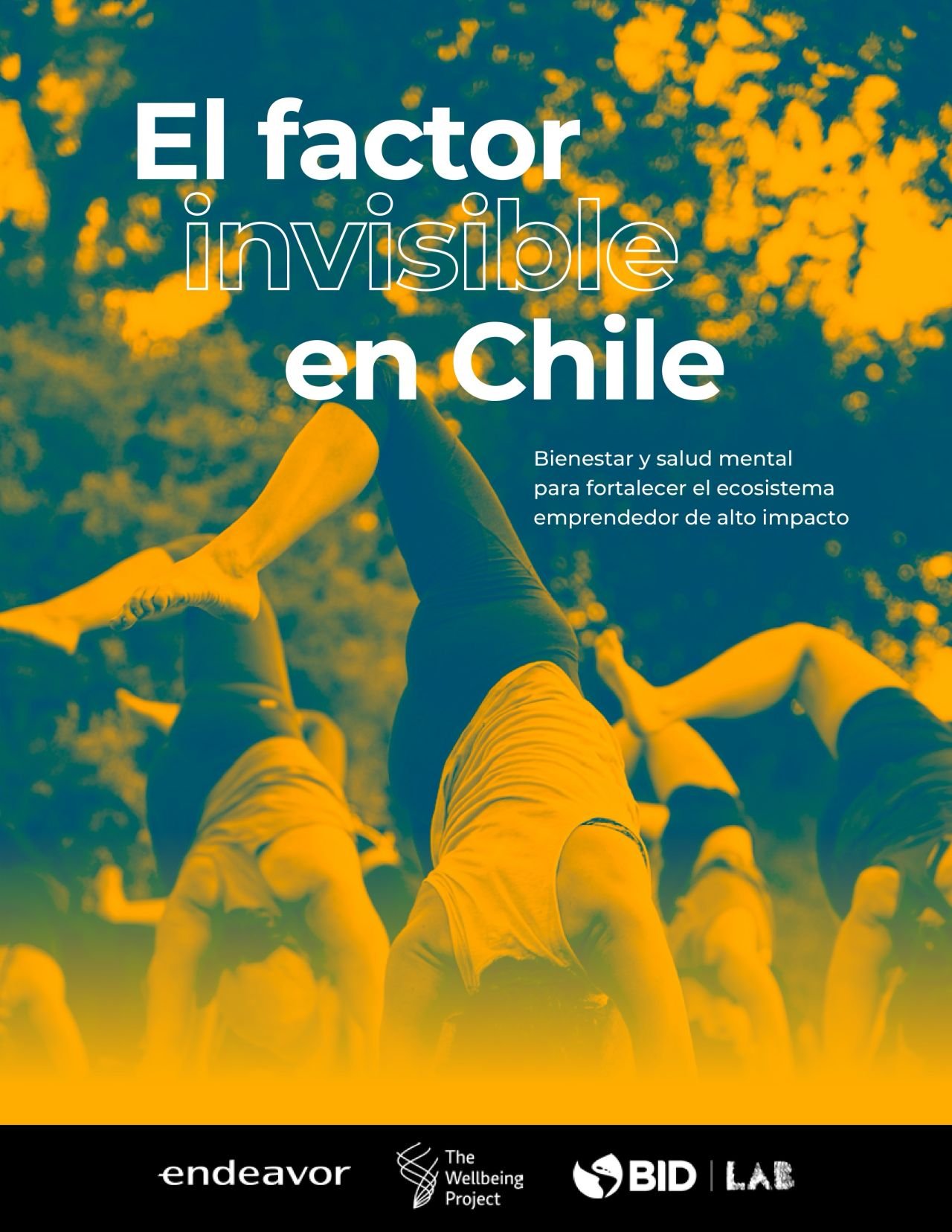
Hearth Summit Higher Ed 2024 Hearth Summit Higher Ed 2024
Regional Hearth Summits
About the Summit
Rooting Ecological Belonging in Higher Education
Educators, administrators, researchers, and other higher education professionals: the Hearth Summit is where a new culture of education emerges!
In July 2024, members of our Wellbeing in Higher Education Network (WHEN) gathered in Querétaro, México, for a four-day experience diving deep into the concept of Ecological Belonging. Changemakers in education fostered a sense of connection with themselves, their community, and nature in this intimate environment dedicated to transforming higher education and reconnecting it with the Earth. In this space, peers gathered to share ideas, learn from each other, and grow throughout transformative discussions, hands-on workshops, and immersive cultural excursions. The arts and wellbeing practices provided moments for inner work and personal reflection — weaving together individual, collective, and planetary wellbeing.
WHERE WELLBEING IN EDUCATION BLOSSOMS WHERE WELLBEING IN EDUCATION BLOSSOMS
KEY PROGRAM HIGHLIGHTS
The four-day gatherings took educators on a holistic journey of Ecological Belonging, exploring the topic through conceptual, methodological, and experiential means:
Understanding Ecological Belonging and its many dimensions in higher education
Local roots: Ecological Belonging through the lens of Mexican rituals and cultures
Intergenerational wisdom and lessons from Elders
Mindful, conscious tourism and experiences
Insights from the Ecological Belonging Fellowship
The arts as an space to explore, learn, and ideate
Case studies from WHEN members: effective methodologies for bringing Ecological Belonging to life

Embracing and Celebrating Mexican Heritage
WITH THE Otomí COMMUNITY
Throughout the Summit, members of the Indigenous Otomí community invited changemakers to discover the vibrant cultural heritage of Querétaro and the surrounding area. During a day excursion to Amealco de Bonfil, participants were greeted with an emblematic ritual from the region, the “Danza de las Pastoras”, a dance to greet, ask, thank and share offerings. A workshop with medicinal plants illustrated the Otomí people’s traditional use of plants, honoring the memory of their first methods of healing to cure the enxe (soul). Changemakers also took time to create lele dolls, an iconic symbol of Mexico’s Indigenous heritage. Meaning baby in Otomí, the lele holds a special meaning for the Indigenous community, representing the blending of different traditions and the resilience of the Otomí people.
Learning From Elders Learning From Elders
Watch sessions with two Elders from The Wellbeing Project’s Wellbeing in Higher Education Network.
Papalii Dr. Tusi Avegalio
On Intergenerational Leadership and Education
In this inspiring talk, Papalii Dr. Tusi Avegalio, innovation expert and retired director of the Pacific Business Center Program at the University of Hawai’i – Manoa, shares his invaluable intergenerational wisdom and vision for the future such: the power of ancestral wisdom to meet contemporary challenges; how Pacific community values can guide innovation and entrepreneurship; deep reflections on intergenerational leadership in times of change; and strategies to boost community wellbeing through education and research.
Nilima Bhat
On Conscious Leadership
Are you ready to discover a new model of conscious and balanced leadership? In this session , Nilima Bhat, distinguished professor and expert in conscious leadership, introduces us to the concept of Shakti Leadership: a powerful fusion of ancient Indian wisdom and emerging knowledge. Learn about the essence of Shakti Leadership, which balances feminine and masculine energies in leadership, and how practices like mindfulness can strengthen your leadership and daily wellbeing.


